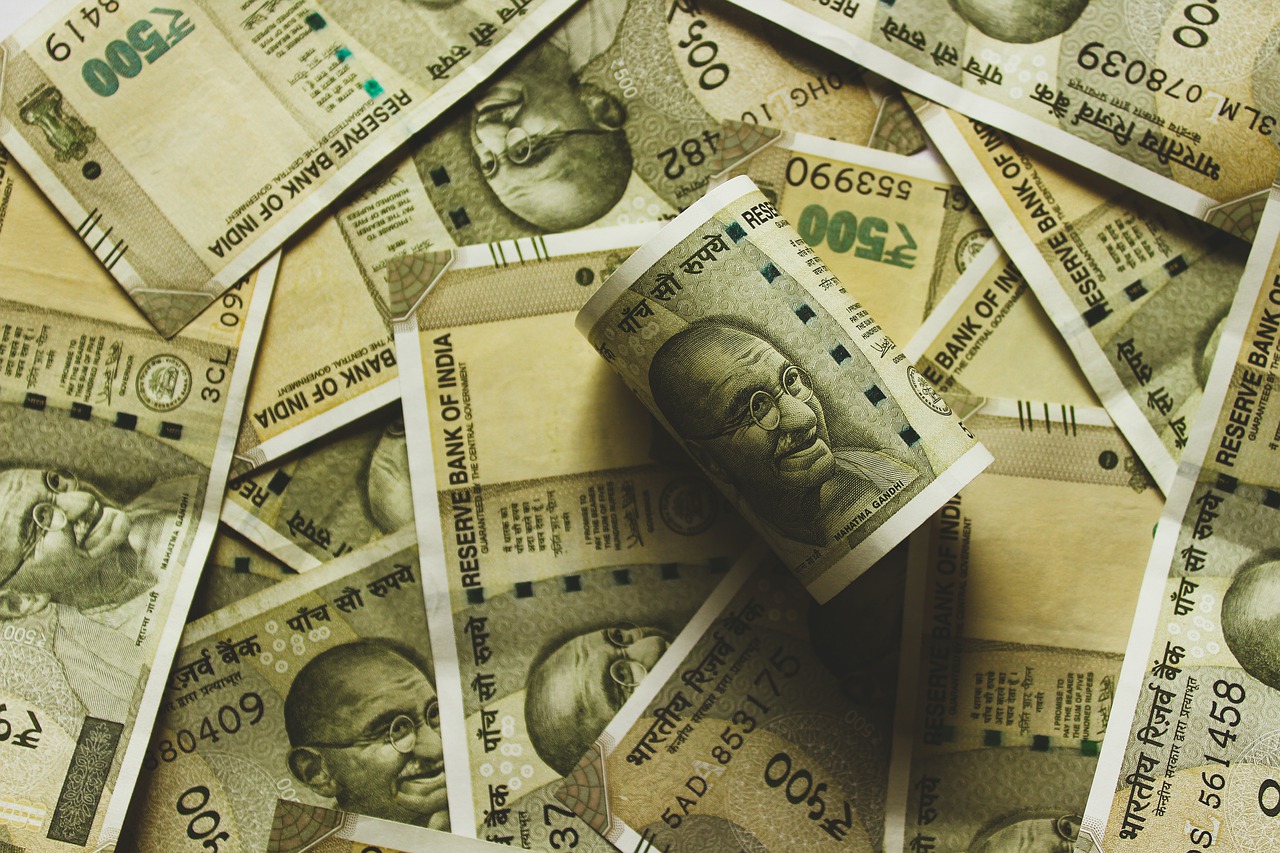The objective of the electoral bonds scheme was to infuse ‘white money’ into the political system. But its provisions, along with other amendments, open up Indian politics to opaque and undetectable influence from the corporate sector, while giving the ruling party undue advantage. There are alternatives.
The election watchdog, Association of Democratic Rights (ADR), shared that seven national parties in India received an amount of Rs 3,749 crore in the financial year of 2018-19, of which the source of 67 percent could not be traced. It was also noted that the income of the Bharatiya Janata Party (BJP) was 1.5 times more than that of the other major national parties.
Political funding is vital to the functioning of a political party, but accountability for it is the cornerstone of a well-functioning democracy. Political funding has attracted many analysts and critics in India due to the methods adopted and how the laws have been amended over time.
Election costs have doubled in India over time, from $2 billion during the 2009 General Elections to $5 billion during the 2014 elections. The 2019 General Elections accounted for $7 billion, as per the Centre for Media Studies. But the concern is not over how much money is being invested in the electoral process, but on where it comes from and how it flows. Who is donating the amount? What are the sources? These questions have made the headlines from time to time, and most recently, during the nail-biting race in the Bihar elections in 2020, electoral bonds valuing as much as Rs 282 crores were sold.
The funding of elections and the transparency of its process has not just been discussed domestically but also at global platforms. The UN Human Rights Committee, in Comment No. 25 of 1996, stated: “Reasonable limitations on campaign expenditure may be justified where this is necessary to ensure that the free choice of voters is not undermined or the democratic process distorted by the disproportionate expenditure on behalf of any candidate or party. The results of genuine elections should be respected and implemented.” It focused significantly on transparency and accountability of political funding.
Corporate Political Funding
To make political funding fair and transparent, every party in power has amended the existing provisions and systems, from the Congress under Indira Gandhi to the BJP under Narendra Modi.
The relationship between political parties and private corporate entities goes back to the freedom movement. The corporate class supported the freedom movement, and later became crucial to political parties in the post-independence democratic system. During that period, various concerns were pointed out by different committees regarding the nexus between black money and political parties. With this in focus, in 1969, Indira Gandhi imposed a ban on corporate donations to political parties.
However, these restrictions were gradually eased. In 1979, the Companies Act allowed corporate donations but imposed a cap, saying that only 5 percent of total donations should come from corporate sources. The limit was increased to 7.5 percent in 2013, and in 2017, the current government scrapped the limit, promising to make the process more transparent.
Electoral Bonds
In 2017, for the first time, the Union Budget had a complete section dedicated to electoral reforms, especially new channels for political funding. It also introduced the electoral bonds scheme. Finance Minister Arun Jaitley claimed that the scheme would infuse ‘white money’ into the political system and it was considered an important weapon in the fight against black money, coming soon after demonetisation.
To bring transparency and accountability into the system of political funding, the government reduced cash contributions from Rs 20,000 to Rs 2,000 and issued electoral bonds through cheques and digital payments. The bonds can be purchased in multiples of Rs 1,000, Rs 10,000, Rs 1 lakh and Rs 10 lakhs. They can be bought only by a donor with a KYC-authorised account, which can help the State Bank of India (SBI) to ensure proper data on transactions. However, despite these objectives, there are still hints of opacity in the system.
Electoral bonds are interest-free banking instruments which can be purchased by any citizen or business in India from any of the 53 designated SBI branches. These bonds, when purchased, are valid within 15 days of purchase, after which the bond will expire and the payee cannot transact the amount. The donor’s name stays anonymous on the bond and in the accounts.
To ensure that each electoral bond is unique, the Finance Ministry and the SBI came up with multiple options. One option was to give each bond a serial number. However, concerns were raised that such a system could easily reveal the identity of the donor to the party. Meanwhile, RBI Governor Urjit Patel had suggested a demat version of the bonds (an account to hold financial securities in an electronic form), with more features to ensure their sanctity.
Concerns and Debates
The amendments have been challenged in court by ADR and Common Cause, who have questioned the lack of restrictions on corporate funding and the anonymity of corporate and foreign donors under the electoral bond scheme.
The Companies Act has been amended to scrap the 7.5 percent cap on corporate funding. This would allow political parties to gain access to unlimited funding from private players, without showing it in their profit or loss account. The new amendments make the process vague, with information on the transactions accessible to only a few. In this manner, a private entity can influence the functioning and ideals of any political party to its benefit by controlling its financial resources.
Another major concern pointed out is that, while corporate entities previously had to declare which political party they were donating to, the anonymity clause allows any party to access unlimited funding from corporate houses without any restrictions or oversight. This could also lead to inequality in funding among political parties. The larger and better-established parties would have an advantage over smaller upcoming parties, leaving the latter to languish at the margins of the political system.
The ruling party is especially advantaged, given that the state machinery, public banks (such as SBI) and enforcement agencies would be familiar with the likeliest sources of funding and can lobby them for funds more effectively than the opposition. With the details of the donor being known only to the SBI and the finance ministry, it can be made accessible to the party in power. The BJP received over 60 percent of its total donations through electoral bonds ahead of the 2019 Lok Sabha polls – far more than the Congress had managed to raise.
Democracy is based on the ideals of transparency and accountability, and when the funding of political parties is opaque, it becomes a cause for concern. As per the recommendations of the Association of Democratic Rights, an amendment must be brought to remove the anonymity of electoral bond donors, in order to prevent any private enterprise from having undue influence and control over a party’s functioning and political ideals. Along with this, there should be limitations imposed on anonymous foreign donors, to prevent them from having influence over the political functioning of the country.
India needs a fair and transparent system for political funding to keep democracy alive and strong.
Chanya Kapoor is a public policy analyst. She works across education, health, gender and foreign policy.


